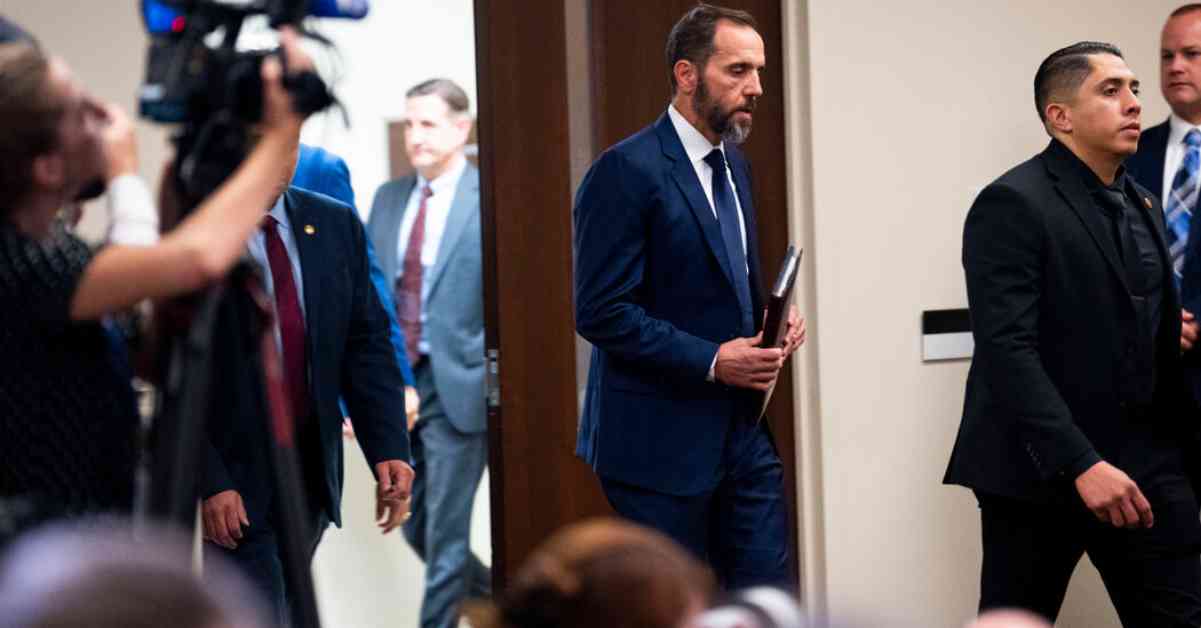Special counsel Jack Smith has requested the dismissal of two federal cases against President-elect Donald J. Trump, effectively bringing an end to the Justice Department’s efforts to hold him accountable in the election and classified documents cases.
The request made by Mr. Smith to two courts in Washington and Atlanta signifies that prosecutors will not be able to pursue charges against a sitting president, in line with a Justice Department policy that deems it unconstitutional to do so. This decision means that Mr. Trump will return to the White House in January without facing federal prosecution for allegedly attempting to undermine the 2020 election results and retaining highly classified material after his first term in office.
These filings by Mr. Smith indicate a winding down of his investigative work, following years of intense scrutiny and legal battles that have tested the justice system’s ability to hold a former and future president accountable amidst a backdrop of changing political dynamics, misinformation, and evolving legal standards.
Shortly after Mr. Smith’s submissions, Judge Tanya S. Chutkan, overseeing the election interference case in Washington, swiftly dismissed the proceeding. This move by Mr. Smith coincides with the President-elect’s nominations for key positions within the Justice Department. It also comes in response to Mr. Trump’s campaign promise to remove Mr. Smith from his position immediately upon taking office and to launch investigations into the prosecutors involved in his case, as well as other perceived adversaries. Mr. Smith has indicated his intention to resign before Mr. Trump assumes office.
The developments in these federal cases against President-elect Donald J. Trump highlight the complex and contentious nature of holding high-ranking officials accountable for their actions. The decision to dismiss these cases raises questions about the balance between political power and legal accountability in the United States.
As the country prepares for a new administration, the aftermath of these legal proceedings will undoubtedly shape the public’s perception of justice, accountability, and the rule of law in American politics. The resolution of these cases marks a significant moment in the ongoing debate over the limits of presidential immunity and the responsibilities of those in positions of power.

